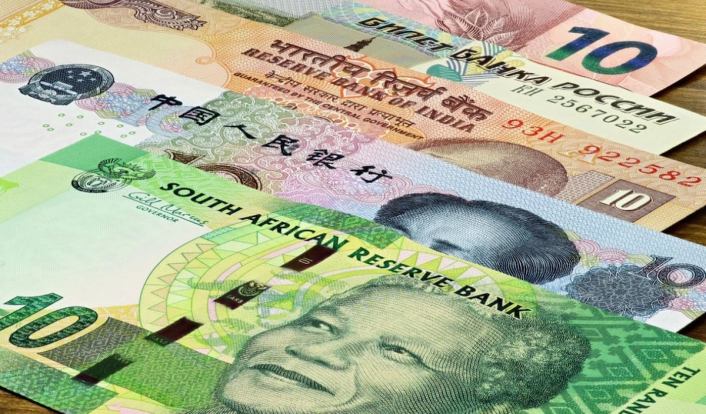The 15th BRICS summit kicked off this Tuesday (August 22) in the South African capital. The media have presented the event as the largest gathering of non-Western heads of state and government in history but nothing groundbreaking has yet been said.
One of the few discussion topics has been Xi Jinping’s absence from the BRICS business forum, where he was expected to deliver a speech alongside his counterparts. Instead, the Chinese minister of commerce spoke on his behalf.
Perhaps the most exciting developments will be saved for later, and the forum could still live up to expectations, but will it change the global economic and financial landscape forever? There is no definitive answer to that.
On the one hand, considering that the BRICS countries have overtaken the G7 countries in terms of their share of world GDP (31.5% versus 30.7%), there is a possibility of a change of system.
On the other hand, it is unlikely that anyone would currently accept a direct confrontation with the United States and Europe.
Otherwise, countries could face sanctions and trade restrictions and experiences with Russia and China have shown that the consequences can be severe. Therefore, even if we hear bold statements, it’s unlikely they will be implemented shortly.
Moreover, it would not benefit the BRICS members in some instances.
Consider, for instance, expanding the use of national currencies for payments and financing. India and China have restrictions limiting the export of national currencies, and how to use them outside the countries without converting them into dollars is still being determined. The issue of volatility should also be taken into account.
For example, since the beginning of the year, the USD/CNY pair has grown by 5.7%. Although the Chinese regulator is trying to strengthen the local currency, its efforts have failed. Thus it shouldn’t surprise that exporters continue to favor the US dollar.

A complete abandonment of the US currency in these conditions is unlikely. Even if the summit announces the development of a single currency, there is no need to rush to sell off US dollars. First, it is necessary to understand how this new currency will function.
After all, if we are talking about another Petro-type currency unbacked by tangible assets or at least foreign exchange reserves, it will not lead to any significant changes. The dollar share in settlements may decrease, but it is unlikely to reach a critical level.
As for the reports about expanding the BRICS alliance with new members, it is still being determined what benefits this will bring to the current members. Will trade and financial ties be expanded, or will they be limited to preferential loans for newcomers?
In general, there are more questions than answers at the moment. However, one fact is worth noting: the fragmentation, which economists have been talking about for the last few years, is gaining momentum. It could be great news for XAUUSD gold.
But a bipolar world is unlikely to bring more wealth and happiness to the global population. On the contrary, protectionist policies will intensify, economic growth will slow and the welfare of citizens will decline. More importantly, geopolitical risks will increase significantly.

